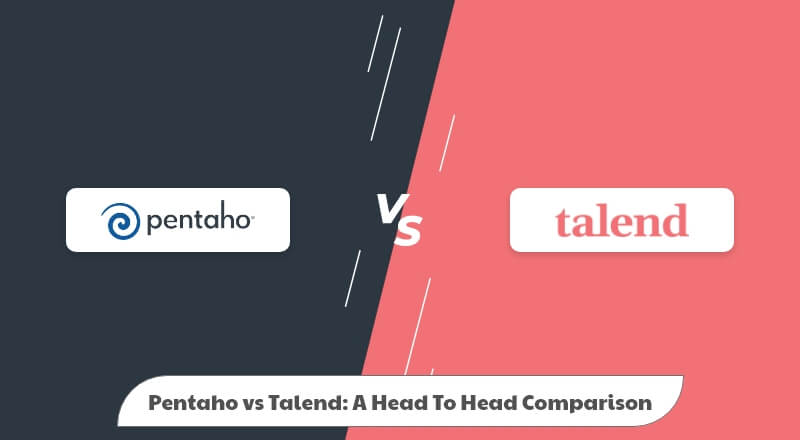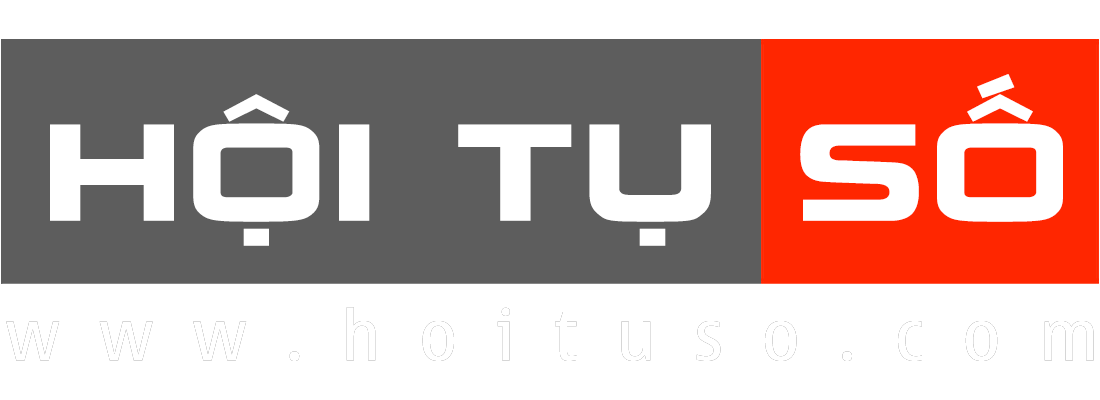“Without a systematic way to start and keep data clean, data will happen.” – Donato Diorio Data
has been the crux of every business, every segment of the industry, whether of any size, segment or geography. With technology penetrating all domains, unimaginable data is generated that can produce great results, if handled properly. Not all data is clean, usable or secure. It must be usable and safe. Duplicate data must be eliminated, errors must be rectified, private and confidential information must be protected, data must be aligned so that it is appropriate for analysis and decision making.
For the best use of the data, enter the processes of ETL and Data Integration. ETL – Extract, Transform, and Load is a trilogy of processes that collects varied source data from heterogeneous databases and transforms it into disparate data stores. These processes help transform unstructured data into valuable, structured information. Two popular names in the world of data integration are Pentaho and Talend. Both have been favorites of many, due to their outstanding features.
Before we move on to comparing the two, let’s quickly look at an overview of both.
What is Pentaho?
Pentaho is a business intelligence (BI) software
that provides data integration, OLAP services, reporting, dashboarding, data mining, and extract, transform, and load (ETL) capabilities – Wikipedia, the free encyclopedia
Originally released by Pentaho Corporation and currently owned by Hitachi Vantara , Pentaho has been a leading business intelligence and data integration platform. It offers both: an enterprise edition and a community edition.
Pentaho
Data Integration (PDI), known as Pentaho Kettle, is the component of the Pentaho suite and offers ETL capabilities. It is used for data migration, data cleansing, real-time ETL, and data storage. Pentaho ETL offers ease of use, code-free graphical interfaces, speed, performance, simple collaborations, and modern tools: these few things make PDI known and widely used.
Key features of Pentaho:
- Low integration time
- support from the community around the clock
- Scalable and can cater to a large amount
- pricing model
- Wide variety of data sources, visualizations
Great
of data Great
Main benefits of Pentaho:
- Lower infrastructure cost
- Easy to use and easy to learn
- One-stop solution for all data integration needs
- Highly customizable
- Can be expanded and integrated in multiple locations
Organizations using Pentaho:
- JPMorgan Chase
- Jnit Technologies
- Bank of America
- Kier
- Group Voice Communications PLC
- Aptara and more
Pentaho Alternatives:
Talend Data
Integration
- Informatica PowerCenter
- Apache NiFi
- Microsoft SQL
- Google BigQuery
- IBM InfoSphere DataStage
- Integration Cloud
- PieSync
Cleo
Good reading of
: What is ETL Developer? Roles, responsibilities, skills and more
What is Talend
? Talend
is a leader in cloud data integration that delivers clean, complete, and uncompromising data for everyone. It helps you transform your data from a liability into an opportunity. – Talend.com
Founded in 2005, Talend is an open source software integration platform that helps effortlessly turn this data into business information. It offers data integration and management solutions.
Talend Open Studio is an Eclipse-based development tool that can create and run different ETL jobs. There is no requirement to write any code as it automatically creates the Java code for it. Talend’s ETL tool comprises Talend Data Fabric, the only platform that combines data governance and integration to deliver highly secure and reliable data with ease.
Key features of Talend:
- Faster development and deployment
- Cost-effective and has great community
- Pre-built widgets
- Offers all requirements under a single solution
- Provides support for integration projects
support
for database integration
Advantages of Talend:
- Ease of use
- Reduces data handling time
- Highly reliable
- Simple learning curve
- Robust
data integration tools
Organizations using
Talend:
- Wells Fargo
- Unitedhealth Group
- & Johnson
- Accor
- Bayer Pharmaceuticals
- Heat Gas
- DTN
- Domino’s Pizza
Johnson
Talend Alternatives:
- Informatica PowerCenter
- StarfishETL
- Dell Boomi
- Pentaho Data
- Integration MuleSoft Anypoint
- Jitterbit
- Zapier
Platform
 Pentaho vs Talend – A Complete Comparison
Pentaho vs Talend – A Complete Comparison
Looking at two of the most popular ETL and data integration tools, here is a direct comparison between the two: Talend vs Pentaho ETL, based on several parameters.
First, here are some of the key features and advantages that both Pentaho and Talend have in common, making them the most sought-after ETL and data integration
tools: Similarities:
Robust, reliable and easy-to-use
- open source tools
- Can be integrated into Java code
- Using a complete, easy-to-use IDE
- Equipped with excellent documentation and support
Just as no two technologies are the same, Pentaho and Talend have their own distinct set of features and differences, here they are:

